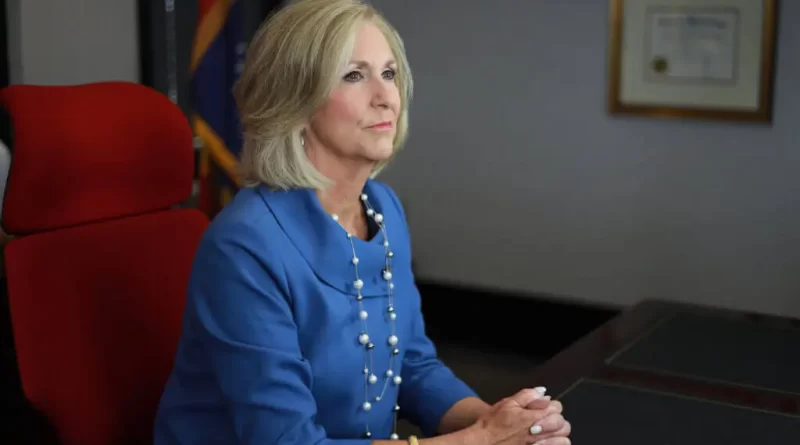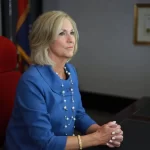Fitch part of coalition seeking answers about TikTok
Mississippi Attorney General Lynn Fitch has joined a 46-state coalition in asking a state court to order social media company TikTok, Inc. to fully comply with an ongoing investigation into whether the company violated consumer protection laws.
“With TikTok’s audience being largely young users, it is especially critical we ensure our laws are being followed,” said Fitch. “We launched this multistate investigation to examine their practices, but TikTok has not only refused to cooperate with this investigation but appears to be openly defiant of our authority. We have urged the court to allow us to carry out our duties and ensure TikTok is taking every step possible to protect our children and teens.”
As part of the multistate investigation led by Colorado Attorney General Phil Weiser and Tennessee Attorney General Jonathan Skrmetti, state attorneys general have sought to review internal TikTok communications to determine whether the company engaged in deceptive, unfair, and unconscionable conduct that harms the mental health of TikTok users, particularly children and teens.
Despite the request for these communications falling squarely within the investigative authority of the state attorneys general, this amicus brief asserts that TikTok repeatedly and knowingly failed to preserve relevant information and failed to provide internal communications in a useful format. For example, TikTok employees use an instant messaging service called Lark as their primary mechanism to communicate internally, but TikTok has flouted their duty to preserve communications and have instead continued to allow employees to send auto-deleting messages over the Lark platform after the start of the investigation. Further, TikTok has provided messages to the states in a format that is difficult to use and navigate.
There is a wealth of peer-reviewed research showing social media platforms, especially image- and video-based platforms like TikTok, are playing a substantial role in harming youth mental health. For example, in February, the Centers for Disease Control and Prevention released findings demonstrating a startling increase in challenges to youth mental health, youth experiences of violence, and suicidal thoughts and behaviors among teenagers, especially teenage girls. This includes a finding that nearly one-third of teen girls seriously considered suicide in 2021, a nearly 60% increase from a decade prior. Other peer-reviewed research shows increased teen social media use is a significant driver of this crisis.
Because use of social media platforms like TikTok has a significant role in the ongoing youth mental health crisis, it is critical that TikTok produce all relevant internal corporate communications to understand whether the company broke any laws. TikTok’s failure to preserve and share relevant internal communications hampers the investigation. The filed brief therefore requests that the court compel TikTok to provide the information sought.
In addition to Fitch, other attorneys general joining the amicus brief are from Alabama, Alaska, Arizona, Arkansas, California, Colorado, Connecticut, Delaware, District of Columbia, Florida, Georgia, Hawaii, Idaho, Illinois, Indiana, Iowa, Kentucky, Louisiana, Maine, Maryland, Massachusetts, Michigan, Minnesota, Missouri, Montana, Nebraska, Nevada, New Hampshire, New Jersey, New Mexico, New York, North Carolina, North Dakota, Oklahoma, Oregon, Pennsylvania, Rhode Island, South Carolina, South Dakota, Texas, Utah, Vermont, Virginia, Wisconsin, Wyoming, as well as the Hawaii Office of Consumer Protection.






